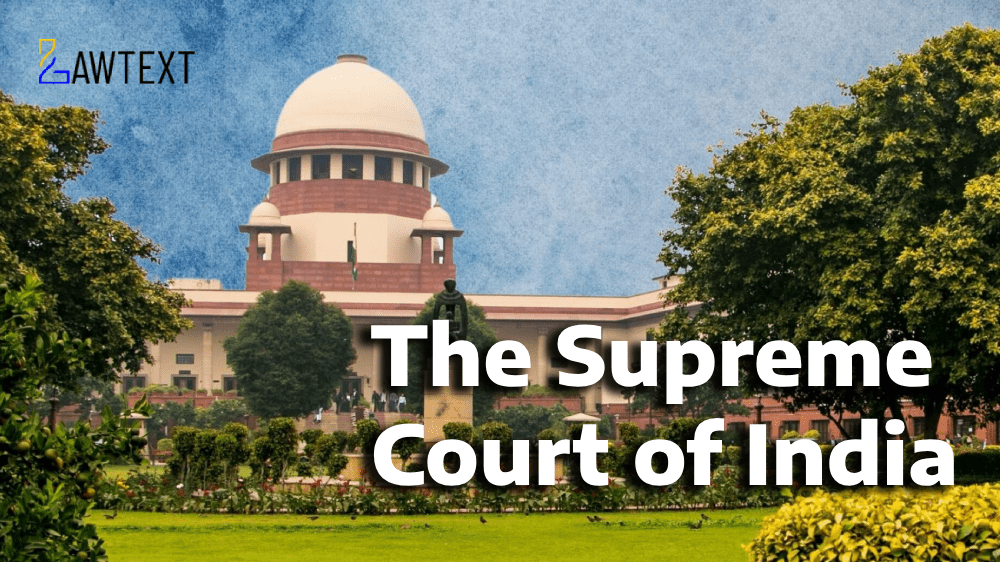

The Supreme Court of India, exercising jurisdiction under Article 32 of the Constitution, dismissed a writ petition seeking to declare a High Court judgment illegal for lack of hearing necessary parties. The Court emphasized the availability of alternate remedies, such as recall of the impugned judgment or an appeal under Article 136 of the Constitution.
The petitioners, alleging non-hearing in a High Court judgment affecting property ownership rights, sought relief under Article 32. The Supreme Court declined to intervene, asserting that procedural remedies like recall applications or appeals must be pursued.
Introduction
Relief Sought by Petitioners
Previous Proceedings
Supreme Court's Ruling
Disposition
The Supreme Court clarified that Article 32 cannot be employed to overturn judicial pronouncements from lower courts. Remedies such as recall or appeal under Article 136 must be utilized to address grievances against such judgments.
Property disputes, judicial review, and procedural remedies.
#Article32 #SupremeCourt #PropertyLaw #JudicialProcedure #HighCourtJudgment #ConstitutionalLaw
Citation: 2025 LawText (SC) (1) 170
Case Number: WRIT PETITION (CIVIL) NO. OF 2025 (D No.1995/2025)
Date of Decision: 2025-01-17
Case Title: VIMAL BABU DHUMADIYA & ORS. VERSUS THE STATE OF MAHARASHTRA & ORS.
Before Judge: [VIKRAM NATH J., SAJAY KAROL J., SANDEEP MEHTA J.]
Appellant: VIMAL BABU DHUMADIYA & ORS.
Respondent: THE STATE OF MAHARASHTRA & ORS.